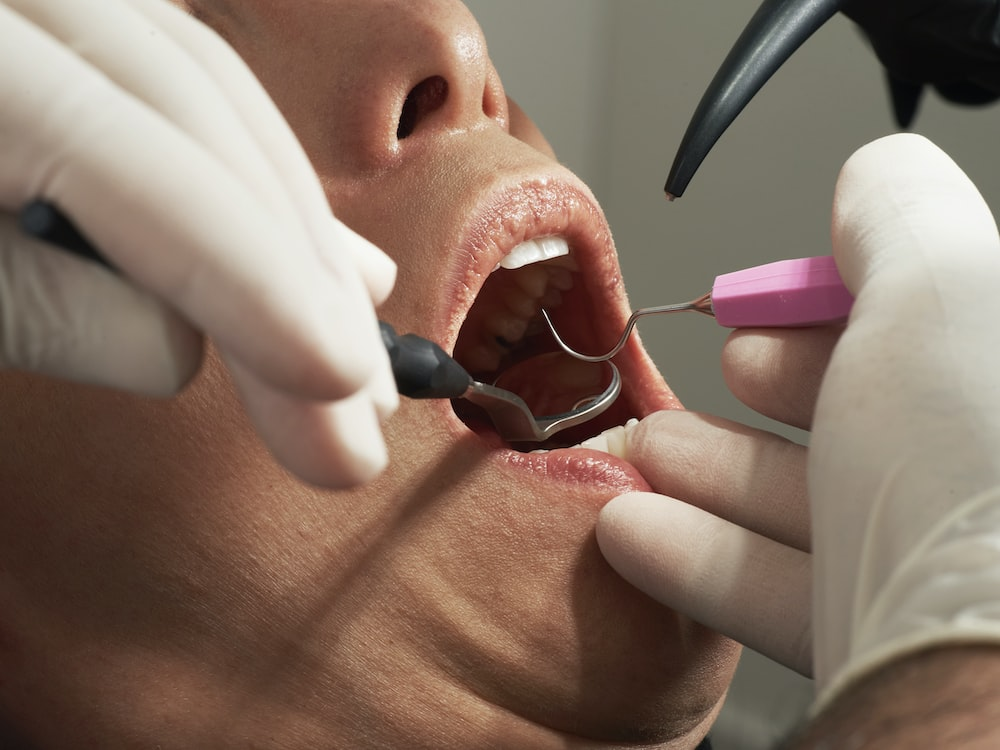Despite what their name may suggest, you don’t actually need wisdom teeth for wisdom. In fact, these are removed once they emerge, making them rather unnecessary.
This is because wisdom teeth are a third set of molars located at the back of the mouth. Most people experience wisdom tooth crowning between the ages of 17 and 25, although this may vary. Interestingly, some people don’t have wisdom teeth at all, saving them the trouble of an extraction procedure.
Here’s what you need to know about the oral surgery.
When Do You Need a Wisdom Tooth Extraction?
While it’s uncommon, some people don’t require wisdom tooth removal if all four wisdom teeth emerge normally without causing any problems. However, most people require the procedure because wisdom teeth tend to grow at an awkward angle that can affect the gum tissue. Alternately, they may get trapped in the gum tissue or jawbone, causing problems.
You need wisdom tooth removal if:
- You experience pain at the back of your mouth
- Food frequently gets trapped in your wisdom teeth
- Your wisdom teeth experience decay or get infected
- The nearby teeth, gum tissue, or surrounding bone get affected
Sometimes, dentists recommend getting wisdom tooth extraction even if these symptoms aren’t present to prevent future dental problems.
What’s the Procedure Like?
Wisdom tooth extraction is a short surgical procedure. Once you’ve been given sedation medications and local anesthesia, the dentist will make incisions and gently loosen the wisdom tooth with dental forceps and pull it away from its socket. After removing the tooth, they’ll clean the area and place stitches.
The exact procedure depends on the condition of your wisdom tooth. The same procedure will be repeated for multiple wisdom teeth, although your dentist may schedule the extractions on different days.

Post-Procedural Guidelines
Like any other surgical procedure, wisdom tooth extraction also has a few risks. While most people don’t develop any short-term or long-term complications, there are chances of dry sockets, infection, and damage to oral structures.
The recovery period for this surgical period is typically 3-4 days. During this time, you may experience slight bleeding, gum soreness, or toothache. However, this will gradually fade as you begin to heal. You’ll also be required to adhere to a soft diet. Make sure you ask your dentist about any specific after-care instructions to follow.
At Advanced Dentistry Center, we provide oral surgery for wisdom teeth. Our dentists will walk you through the procedure, guide you about the process, and address your dental issue promptly. Additionally, we also offer dental fillings and crowns, root canal treatment, and TMJ treatment.
Schedule a dental examination with our dentist in Bingham Farms today!

